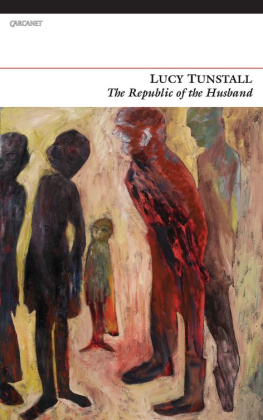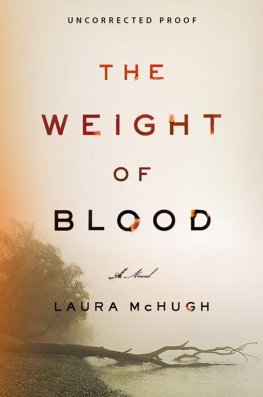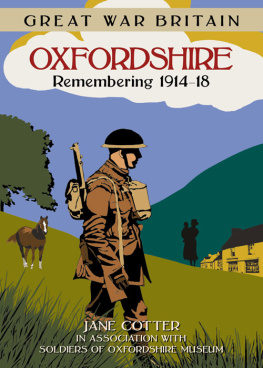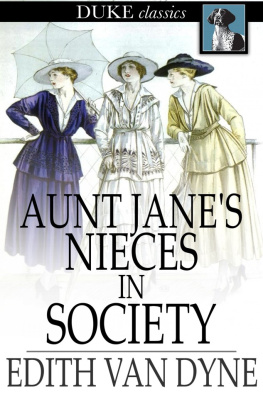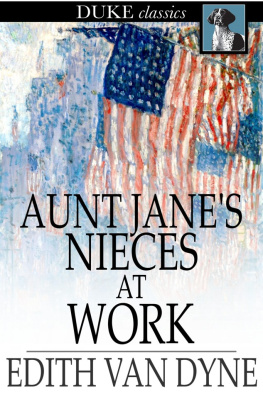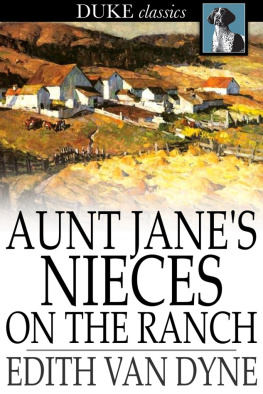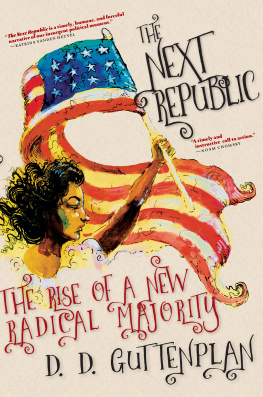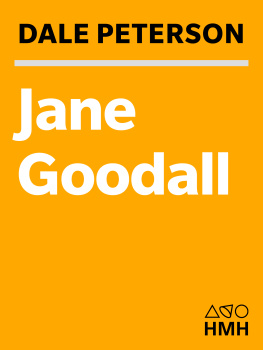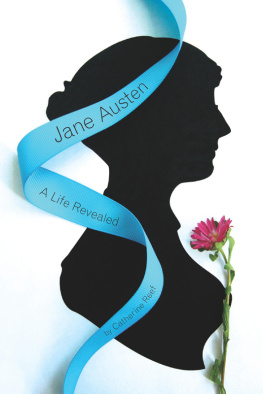Remembering the Children of First Marriages was first published in the
Paris Review Daily. Other poems in this book were first published in
PN Review and in
New Poetries V (Carcanet, 2011).
Contents
- I
The Children of First Marriages - II
The Republic of the Husband - III
Land- and Seascapes
Oh remember the children of first marriages For they are silent and awkward in their comings and their goings; For the seal of the misbegotten is upon them; For they walk in apology and dis-ease; For their star is sunk; For their fathers brows are knitted against them; For they bristle and snarl. All you light-limbed amblers in the sun, Remember the grovellers in the dark; The scene-shifters, the biders, the loners.
My mothers grandmother wore black for years and years, lived among laurel and yew in a lodge at the big house, where Charlie, her unmarried brother, slept under the eaves on a sort of ledge. No-one knows why it was Charlie took off, slow as slow, with nothing for the journey but an onion and a piece of sharp cheese, to pilot his traction engine, by a seam of moonlight on the river, as far east as Isleworth, by way of Maidenhead and Old Windsor.
In 1956, or thereabouts, Aunt Jane fell in love with a beautiful scholar from the subcontinent.
Her house is tall and thin like a dolls house. Pictures are filling in the walls, but where the paint shows through in a chink it is the authentic dull pink of oxblood and lime. We take tea in the garden which is like a well with its high walls, and deep shade and the underwater grey-green of the thyme lawn; and sitting still like a still ancient cloistered thing at the bottom of a well she remembers (she must remember) a long trip to the only part of Canada where it never snows, weeks and weeks of sky and sea and sickness like snow-sickness. Ever after a drawing-in, this square of London sky, and the cypress leaning over.
Sparrows caught and hung in the thatch. The South Downs hung over us.
In the neighbouring field, heifers wept for their calves. A bluebell-wood harboured logs in the guise of crocodiles, foul mud that sucked in childrens boots, and once free of the wood, where to go but the arid chalk heath winding unrelentingly on and up? Pity the Romans their blue knees, their fluttering tunics, the flat, grey light. A childs cradle in torn white brocade decorated the corner of the music room. At Easter, the land was blessed. The vicars name was Canon Dagger.
We were not to mention the gold teeth of Pedro, Nicaraguan prince and companion of my godfather, Barry J. Gordon. Gordon.
All through lunch the sunlight screeched off Pedros canines igniting the cutlery, the pine-cladding, the tomato-red kitchen cabinets. * While my godfather swore blind the Staffordshire pottery spaniel seventeenth-century, royalist, red-haired belonged to him, I want that fucking dog, my mother regal, carolean gave no ground, Darling, you are dreadful. My father slunk about, not up to the game, rightly punished. * By a curious and intricate choreography my father made his way to my bedroom, mapped out a constellation in phosphorescent stars, retreated, reversing all the steps, leaning close in to the dado, avoiding the creaky stair, was far away when the lights went down, the applause began.
Elizabeth stayed on in Greenwich, where her husband was employed in counter-espionage broadcasting for the BBC and, simultaneously, a cerebral and stimulating relationship with his secretary, Kathleen. Elizabeth saw that the silver was polished, that no scraps were wasted, and barely flinched when a particularly heavy raid blew in the windows of the front elevation; shards of glass impaled themselves in the staircase and the panelling. The children, now to be known only as major and minor, were removed to a progressive school in Kent where the playing fields, conveniently bordered on one side by a deep trench, lay directly beneath the flight-path of the incoming Luftwaffe.
In the dark, after lights-out, their fathers words swam on through the ether, Liebling, mein liebling, my pigeon, my dove.
In a small flat by the Thames, my father hoarded silver and china, pictures of his grandmother as a young woman with my profile, Staffordshire pottery figures, political cartoons of the eighteenth century, theatrical silhouettes, monogrammed napkin rings, a stone unicorn, glass-fronted bookcases, the family Bible, leather-bound books of naval history, a coat of arms, a writing-desk, a good paperknife, a Chinese vase. In the last few days, these things took flight. Paintings, books and shepherdesses danced about his head. Nothing could be pinned down.
In an eyrie by the Thames, my mother is preparing for the summit.
In an eyrie by the Thames, my mother is preparing for the summit.
What used to be a first-floor flat has grown higher and higher. Even at base camp the air is thin. She is very high up. She watches us all in her magnifying mirror, or doesnt bother. Tea, cigarette, coffee, aspirin, cigarette, cigarette, wine, cigarette. Cigarette, cigarette, cigarette, as the night draws in.
Days wax and wane. Soon it may be necessary to boil snow. She is preparing her physical body for an extraordinary feat. She is trying on her dresses. She is Wallis Simpson-thin.
Well, this is extraordinary, she is saying,
this is quite extraordinary.The horses stand on the grass and look at my mother.
Well, this is extraordinary, she is saying,
this is quite extraordinary.The horses stand on the grass and look at my mother.
My mother stands on the path and looks at the horses. The horses nudge and shift; their manes tangle; their hooves are caked in mud. Not until the mare has turned her head, like a sail in the wind, away from the house and out toward the hills, and led each straggling foal away, will my mother go back into the house; close the door; pick up a book, a coffee, a cigarette.
Cousin Gillian lives in a caravan by the shores of a lake in Canada, and in that caravan, so they say, she keeps Grandmother Elizabeths long-case clock.Some people do not think this an appropriate arrangement. They think it heartless of her to keep so fine a piece (school of Tompion) in such a dread abode. Heartless and unthinking.
How could she? But I think it is a fine thing which I would like to behold. Is there a special orifice or protuberance of some kind in the roof of the caravan through which or into which the clock extends? Does it lean jauntily within, and does this have any adverse effect on the mechanism? Do the bears and moose rouse to its bong bong bong? How could such a wonder be, in any way, wrong? It may be scooped out like a canoe circling the lake at dawn and dusk; there would be room for a packed lunch and the catch. Might be a barricade, staunch against the creatures of the night; it might be out in all weathers; may serve as makeshift bench or table. It might be firewood, a folly, or a totem pole its possible, we just dont know. Oh Gillian, cousin of my right hand! Cousin I have never met! Let me, if some will not, bestow with happy heart this ancient clock, to do with just as you see fit, in praise of self-possession and the pioneering spirit.
Most loved, most beautiful, was my mother, Phyllis Pearl Dawn.
It was not wrong of her to think that all men would clamour at her door. But this was easeful beauty of the dark almond eye, the perfect bone and brow. If only she had learned envy and fight, struggle and plot, like those who were not noble, but better equipped.

